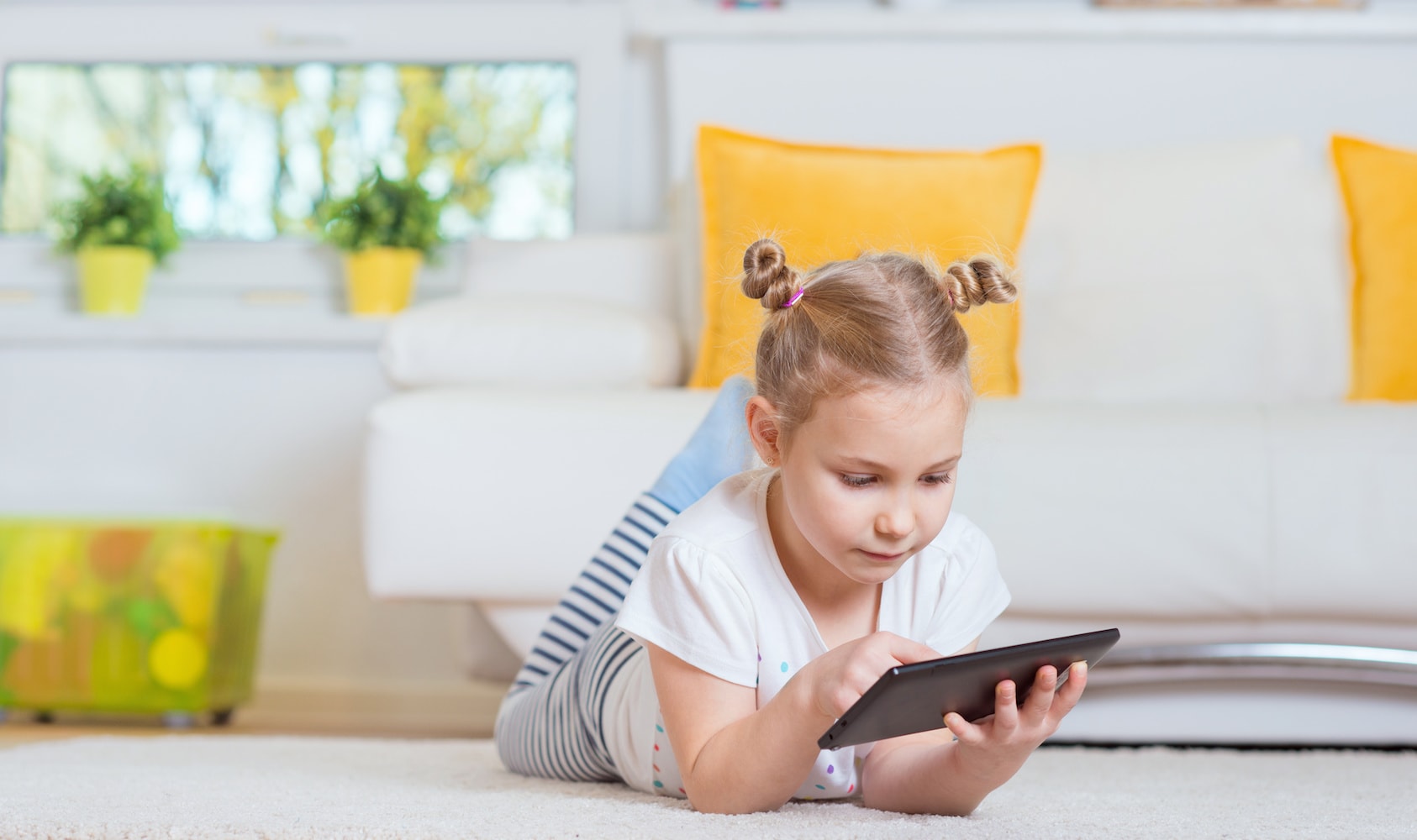For many families, the amount of screen time that is deemed acceptable has increased dramatically since the COVID-19 pandemic began in mid-March.
With schools, day cares, extracurricular activities and even playgrounds being closed, parents are allowing children to spend more time on electronic devices.
Even socializing with family and friends is often done through a screen on Zoom, FaceTime and other apps.
Although they may be spending more time in front of a screen, it is not all cartoons and video games as children’s schoolwork is now done virtually as well.
According to the Canadian Paediatric Society, screen time is not recommended for children under two years old and for children two to five years old, it is recommended to limit screen time to less than one hour per day.
However, according to the University of Calgary during these unusual times, parents can relax a little and not follow these guidelines so strictly. According to ucalgary.ca, quality is often more important than quantity and selecting educational programming can have small beneficial effects on children’s language skills.
“Higher quality programs are more likely to gear their content to the needs of young children by having a coherent story line and by pacing the program to the developmental level of children,” according to ucalgary.ca
“Educational programs often label objects and speak directly to children, which can be helpful for learning new words and sounds.”
Gail Bell, co-founder of Parenting Power, a local program with the goal of helping to give parents tools to face everyday challenges, said when children are in front of an educational program or game, parents should be engaging with them to ensure they are getting the most out of it.
Bell said although using screen time together and discussing what you are learning is better than sitting your child in front of a screen and walking away, it is important to pay attention to the behaviour that you are modelling for your child.
“It is proven that when parents are using their phone or computer, kids act out to get attention,” she said.
“A practice I like to recommend is every time you pick up your phone, tell your child what you are doing. It really brings awareness to what you are doing and makes you think, ‘Do I need to do that right now?’”
Bell added that balancing screen time with other activities is also important.
“Get out and do something together. Go for a walk, play a board or card game. That’s when the brain gets creative,” she said.
“It doesn’t get creative when you are sitting in front of a screen that is telling you what to do.”





